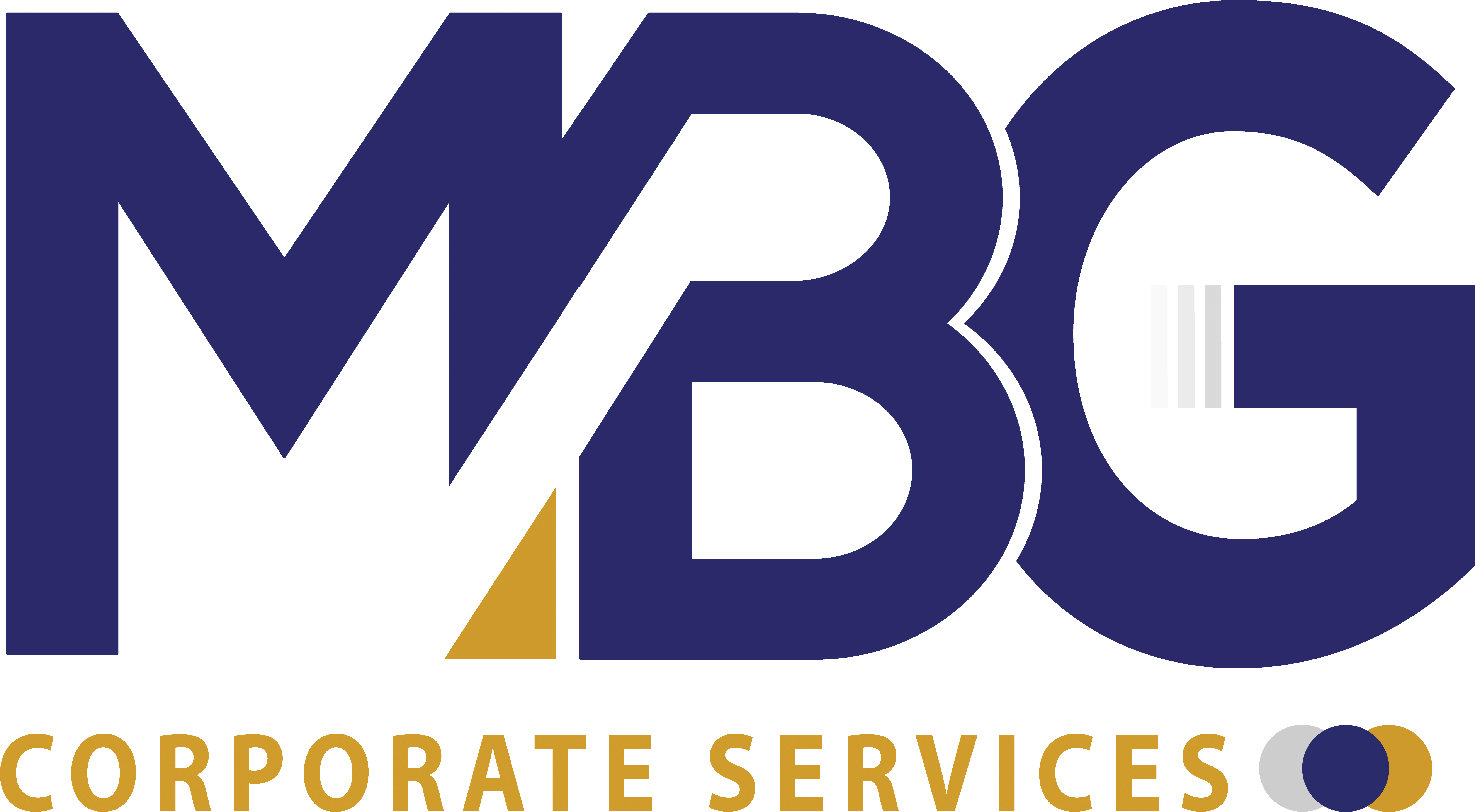J-SOX Compliance

The Japanese have developed a Sarbanes-type requirement for Internal Controls over Financial Reporting for their public companies.
The Financial Instruments and Exchange Act (J-SOX) is the set of Japanese standards for evaluation and auditing of internal controls over financial reporting also referred to as “the Standards” were finalized on February 15, 2007. Based on the Standards’ requirements, all listed companies in Japan are to perform risk assessments and prepare and submit internal control reports on a consolidated basis starting with the fiscal years commencing on or after April 1, 2008. It is important to note that most Japanese companies have a fiscal year ending March 31.
J-SOX Compliance
J-SOX requirements are the Japanese equivalent to U.S. SOX in relation to Sections 302 “Corporate Responsibility for Financial Reports” and 404 “Management Assessment of Internal Controls.” Both regulations are aimed at evaluating internal control systems relating to financial reporting, assure the proper expression of external financial reporting with the requirement of financial-report certifications by the CEO and CFO, and prevent the recurrence of investor deception.
There are, however, a number of similarities and differences which need to be addressed by companies, especially with subsidiaries located in both Japan and the U.S. Overall, J-SOX requirements require a broader initiative than U.S. SOX. The Internal Control Reporting System in Japan looked to avoid both the burden and confusion surrounding U.S. SOX.
J-SOX Specifics
- Internal controls over financial reporting include not only the financial statements and their footnotes, but also items that are disclosed in other areas of Securities Reports.
- Evaluation of certain controls at affiliates accounted for in accordance with the equity method of accounting.
- Evaluation of entity-level internal controls including book closing and financial reporting processes at all business units.
- Companies are to focus on processes related to the closing of the books and reporting, and the significant processes related to the business objectives of the company.
- A material weakness is reported if the effect of the misstatement is greater than 5% of consolidated pre-tax income.
- Determine the scope by reasonably considering the materiality of the quantitative and qualitative impacts to financial reporting.
- Evaluate company-level internal controls. The list of elements is similar to COSO, with the addition of “Response to Information Technology.”
- Evaluate process-level internal control over closing and financial reporting. Controls are divided into company-level controls and process-level controls. The company-level controls should be evaluated at all business units.
Tag: J-SOX


